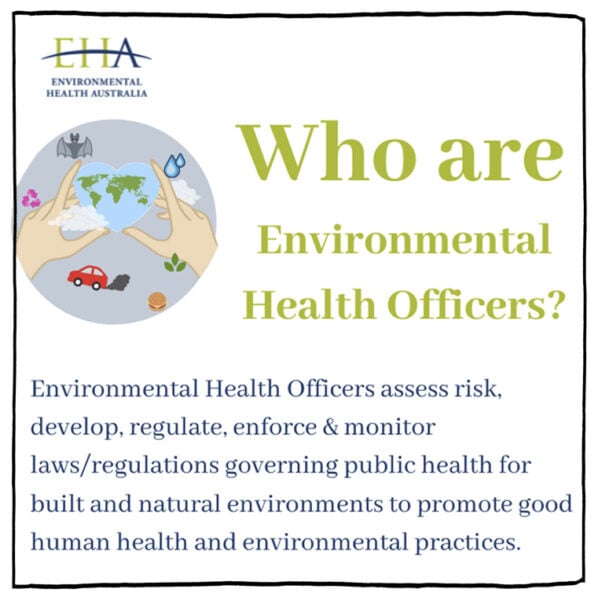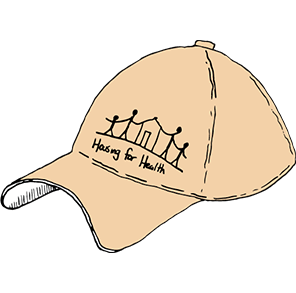AWARENESS: The Role ‘EHO’s’ play in Housing for Health
Environmental Health Officers (EHO’s) are crucial to improving the link between housing and health.

Australian Indigenous Health Bulletin recently highlighted the work of EHOS: ‘Who are EHO’s’. This is a great opportunity for us to highlight the little known, yey important role EHO’s play in the built environment, in particular on Housing for Health projects.
What is an EHO?
EHO or AEHO (Aboriginal Environmental Health Officer) is a broad role whose job is to protect and promote the health and well-being of the community. They work on anything in the natural and built environment that directly impacts upon human health in a community.
On the ground, this can be anything from public health to water, sewerage, waste management, animal and pest management, communicable disease prevention and awareness such as trachoma and education at a home level around living, food storage and hygiene practices.
This is often gruelling, sweaty and dirty work.
EHO’s and Housing for Health Projects
In Australia across all states, EHO’s (often from the government health departments) work on Housing for Health projects in communities as Team Leaders and Project Managers, where they also run additional health programs alongside the project. They work collaboratively with other team leaders and project managers from Architecture, the Built Environment and Housing Organisations, sharing experience and knowledge as a multidisciplinary team about housing and health.
Healthabitat grew directly out of a collaboration on the APY lands in Central Australia in the 1980’s with the Nganampa Health Organisation and their Environmental health priorities. This is what defined the 9 Healthy Living Practices, the framework of Housing for Health projects and to this day priorities of all work undertaken by Healthabitat and how monies is allocated and spent on each project.
Nganampa Health still today have a notably successful program on the APY lands in close collaboration with the housing department on the ground (as discussed in recent AHURI paper response), with the health of the living environment a great priority.
Thanks to all the hard and dirty work EHO’s do on the ground in communities, and also working alongside us with the focus on improving the link between housing and health.









